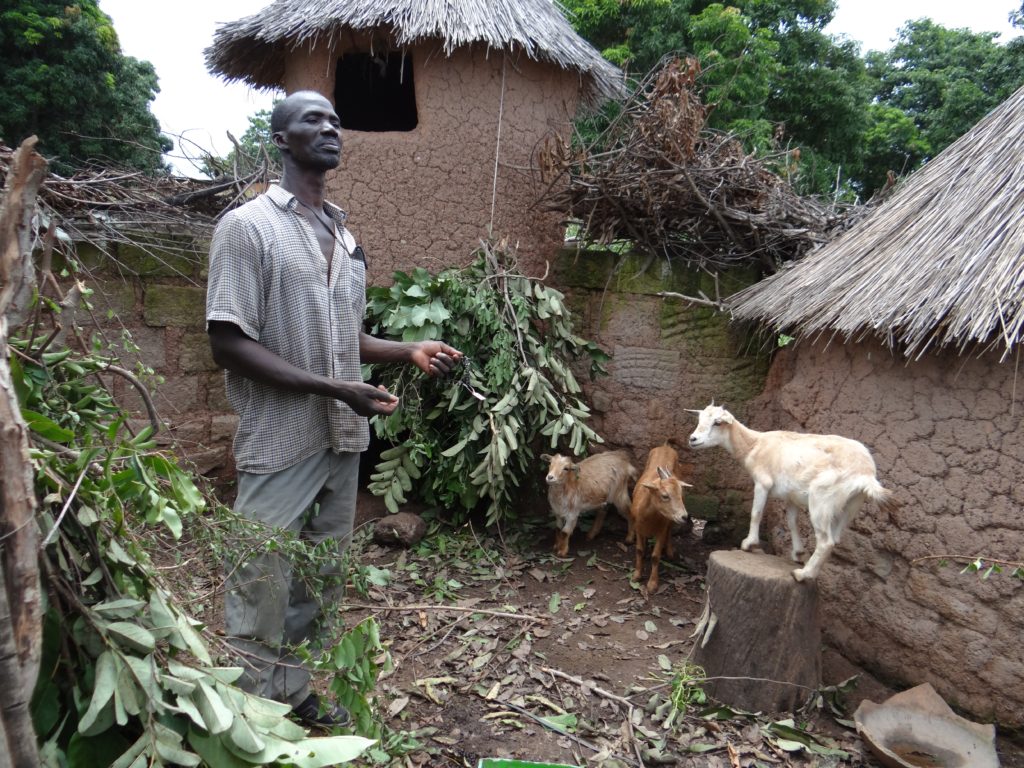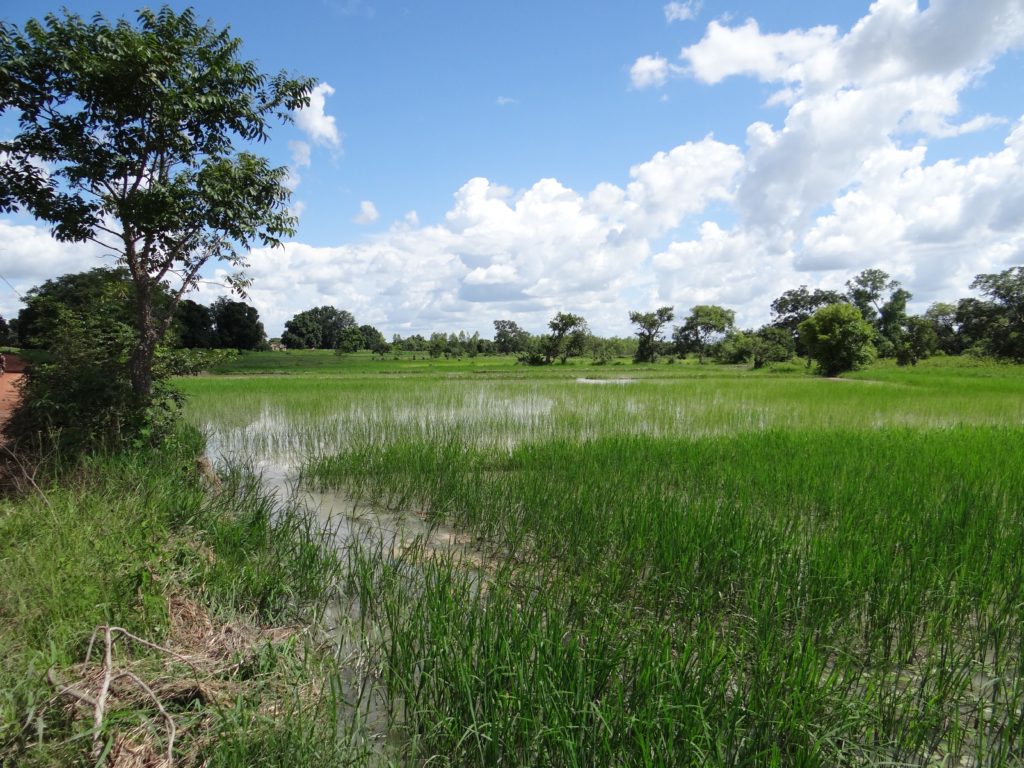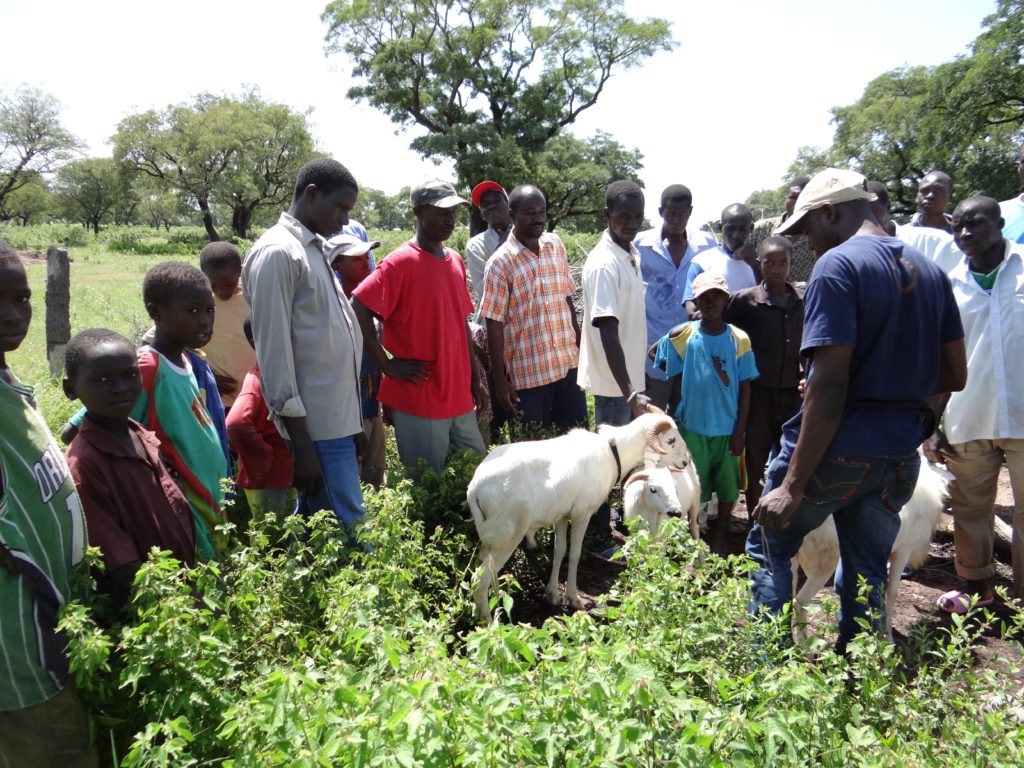Sustainable Sheep Farming in Mali
Lofiné, Mali is approximately 100 km south of Sikasso and 30 km from the Ivory Coast border. This is traditionally a poor region of Mali but not because of encroaching desert or arid conditions. The rain is heavy from May through September and continues through December. This heavy rainfall results in a wet, humid environment and makes many traditional farming methods challenging and unproductive. Twenty years ago agriculture training was provided on appropriate crops, environmentally sound pest control and production methods for this climate. The community has been successful in applying these techniques to profitably produce rice, cotton, maize and other crops. Their goal is to now diversify to include a meat protein source to increase their income, improve their children’s nutrition, and to better utilize their uncultivated grazing land and crop residue.

During the rainy season (crop growing season) goats are confined or tethered to protect the crops. During the dry season they are allowed to scavenge crop residue. The sheep have more freedom to graze and scavenge all year as they are easier to keep from the cultivated fields. Disease, parasites and reproduction issues have repeatedly caused a large number of deaths to both sheep and goats. Wet, humid environments are a perfect habitat for small ruminant parasites such as stomach worms.

The coop members are skilled crop producers and the region is known for the peanut, cotton, sweet potato, millet, maize and rice production. As this is their main economic asset little attention has been directed towards the health, nutrition and care needs of the flocks. In September, 2012, as a Farmer-to-Farmer volunteer Judy provided sustainable sheep production training to the WUYANION (name roughly translated means improved economic security) cooperative funded by USAID-MAVEN program and Winrock International. The project was in response to the cooperative’s request for assistance to improve their basic sheep husbandry skills, to learn methods of utilizing their rich grazing and crop residue resources, and to begin to improve the breeding genetics of their local sheep.

At the end of the six day training Yaya Kone, village elder stated:
“Neither the light of the sun nor the light of the moon is as bright as the light of knowledge brought to this village today by Tiborko Sanogo (our sister)…”
More on the Winrock International blog.
